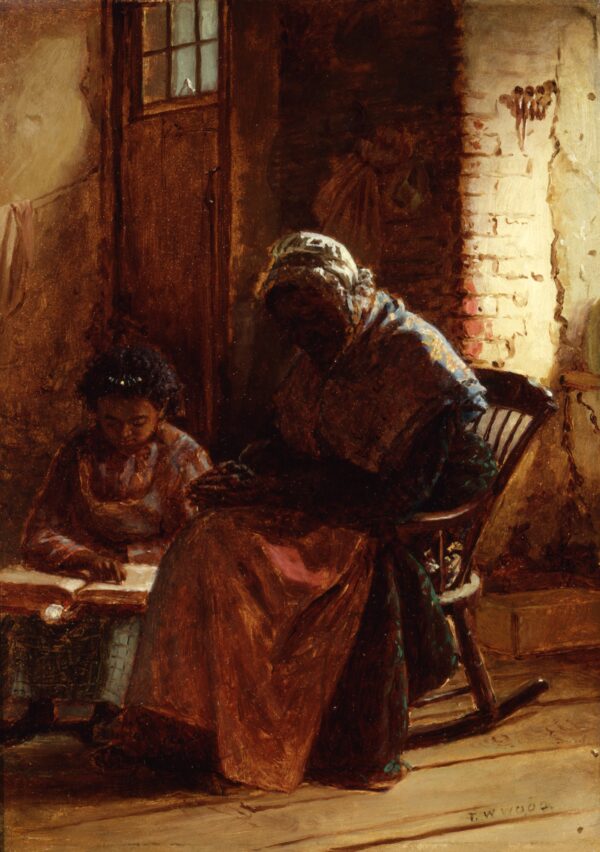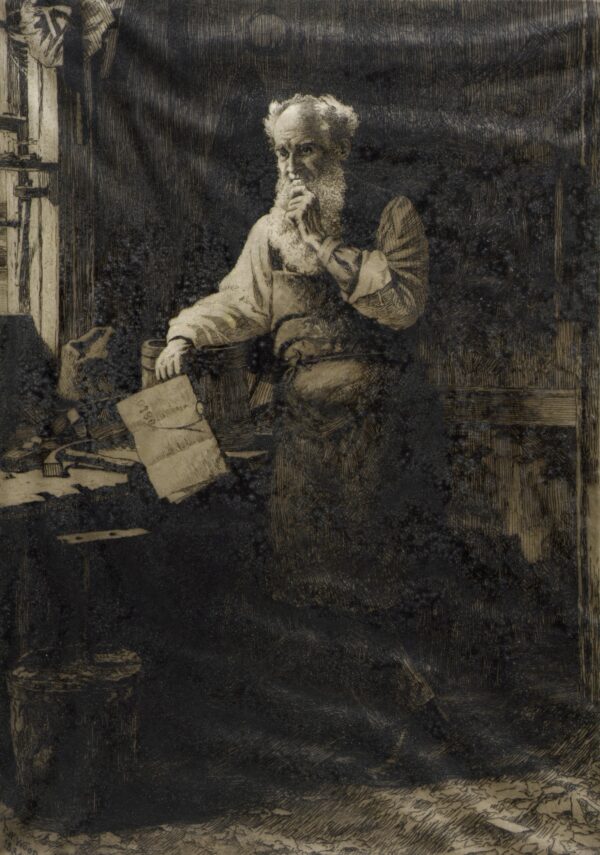Making Up Our Minds I
Our two youngest grandsons, ages almost five and almost two, spent the night with us on Sunday night. Sunday night was the almost-two-year-old’s first sleepover with Notty and Little. The almost-five-year-old has spent many nights with us.
However, for the first time ever that I recall, the almost-five-year-old had gotten homesick during a sleepover a couple of weeks before, and he was afraid that it might happen again. I feel great compassion for a homesick child because I remember well how that felt. I spent many nights with my paternal grandparents while I was growing up. I also went on Florida vacations with them sometimes. Therefore, I was surprised when I got very homesick during majorette camp at the University of Tennessee when I was about 15 years old. I called my parents on the pay phone in the hall of the girls’ dorm where we were staying and boo-hooed. It’s a terrible feeling.
Before their mama left on Sunday night, the almost-five-year-old expressed his concern that he might need his mama again. Ray encouraged him to make up his mind that he wouldn’t get upset this time. Later he said that he was afraid he might be feeling that way again, but in 15 minutes, he was fast asleep.
Yesterday, as I encouraged you to teach your children the most important things, we thought about loving God with all our hearts, souls, and minds. Loving Him with all our hearts, souls, and minds requires our making up our minds to do so. As Christians, we have to make up our minds to do many things. Today I want us to think about some things God’s Word says about our minds.
I enjoy the work of Thomas Waterman Wood (1823-1903). I used this painting in America the Beautiful.

Sunday Morning by Thomas Waterman Wood.
Smithsonian American Art Museum,
Gift of Mrs. Francis P. Garvan
This etching by Wood is entitled Thinking It Over.

Thinking It Over by Thomas Waterman Wood.
Courtesy Smithsonian American Art Museum,
Gift of Mrs. Edward C. Wroth
In Psalm 26:2, David asks God to examine him and try him. He asks God to test his mind and his heart.
In Proverbs 1:22, wisdom asks the naive ones how long they will love being simple-minded.
Proverbs 18:15 teaches that the mind of the prudent acquires knowledge and the ear of the wise seeks knowledge.
Proverbs 22:17 tells us to hear the words of the wise and to apply our minds to the knowledge of the wise.
Isaiah 26:3 says that God will keep the steadfast of mind in perfect peace because that person trusts in Him.
The young man Daniel was in exile in Babylon along with other Jews when the king chose him for special training. Daniel 1:8 tells us that Daniel made up his mind that he would not defile himself with the king’s food or wine.
In Matthew 16:23, Jesus rebuked Peter for setting his mind on man’s interests rather than God’s interests.
In Acts 17:11, we learn that the Jews in Berea were more noble-minded than those in Thessalonica because they received the gospel with great eagerness and examined the Scriptures daily to check whether what they were hearing was true.
Romans 8:5 says that those who are according to the flesh set their minds on the things of the flesh, but that those who are according to the Spirit set their minds on the things of the Spirit. Verse 6 teaches:
For the mind set on the flesh is death,
but the mind set on the Spirit is life and peace . . .
Romans 8:6
God’s creative power and wisdom inspire awe when you stop and think about the capacity of the human mind. You have the priceless opportunity every day to glimpse that capacity in your children. In Job 38, God asks Job a rhetorical question with the obvious answer: God does, that’s Who!
“Who has put wisdom in the innermost being
Or given understanding to the mind?”
Job 38:36

